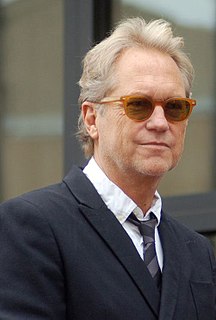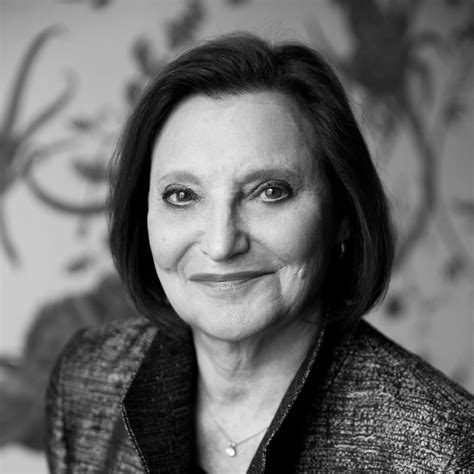A Quote by Gao Xingjian
To subvert is not the aim of literature, its value lies in discovering and revealing what is rarely known, little known, thought to be known but in fact not very well known of the truth of the human world. It would seem that truth is the unassailable and most basic quality of literature.
Related Quotes
What are works of art for? to educate, to be standards. To produce is of little use unless what we produce is known, is widely known, the wider known the better, for it is by being known that it works, it influences, it does its duty, it does good. We must try, then, to be known, aim at it, take means to it. And this without puffing in the process or pride in the success.
Science is a way to teach how something gets to be known, what is not known, to what extent things are known (for nothing is known absolutely), how to handle doubt and uncertainty, what the rules of evidence are, how to think about things so that judgments can be made, how to distinguish truth from fraud, and from show.
The most beautiful people we have known are those who have known defeat, known suffering, known struggle, known loss, and have found their way out of the depths. These persons have an appreciation, a sensitivity, and an understanding of life that fills them with compassion, gentleness, and a deep loving concern. Beautiful people do not just happen.
How does one stay mindful? Where feelings are known as they arise, known as they persist, known as they pass away. Thoughts are known as they arise, known as they persist, known as they pass away. Perceptions are known they arise, known as they persist, known as they pass away. This is how a monk stays awake.
I wish I'd known from the beginning that I was born a strong woman. What a difference it would have made! I wish I'd known that I was born a courageous woman; I've spent so much of my life cowering. How many conversations would I not only have started but finished if I had known I possessed a warrior's heart? I wish I'd known that I'd be born to take on the world; I wouldn't have run from it for so long, but run to it with open arms.
We do literature a real disservice if we reduce it to knowledge or to use, to a problem to be solved. If literature solves problems, it does so by its own inexhaustibility, and by its ultimate refusal to be applied or used, even for moral good. This refusal, indeed, is literature's most moral act. At a time when meanings are manifold, disparate, and always changing, the rich possibility of interpretation--the happy resistance of the text to ever be fully known and mastered--is one of the most exhilarating products of human culture.






































